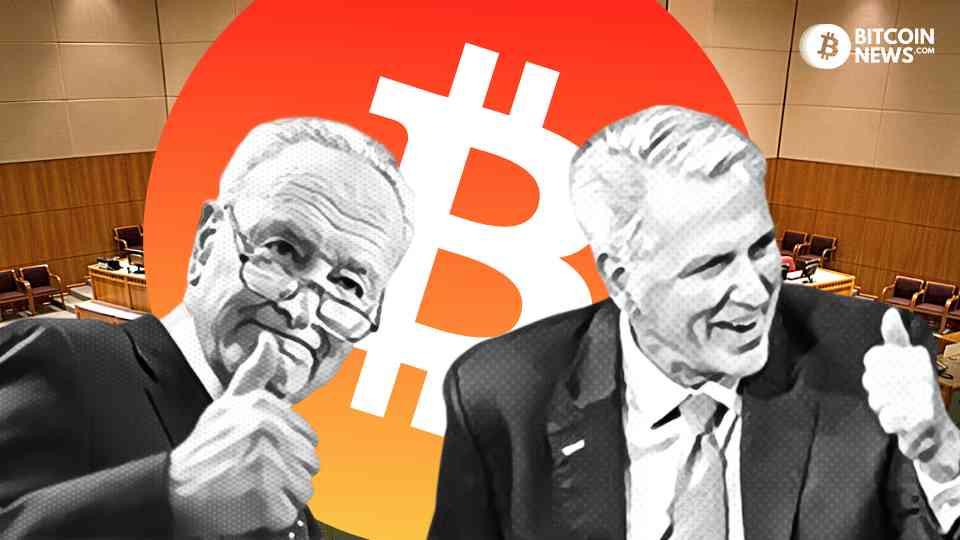The United States has finally brought the debt ceiling crisis to an end, at least until 2025, as the Senate passes a bipartisan bill agreed between Democrats and Republicans.
Bipartisan Agreement Gets Bill Over The Line
Despite President Biden initially claiming he would not negotiate on his budget in order to get the debt ceiling raised, he eventually was forced to come to the table and make concessions to Republicans.
However, many Republicans, as well as some Democrats, voted against it in both the House of Representatives and the Senate due to what they perceived as unacceptable compromises.
Republicans were hoping for more dramatic spending cuts, whilst Democrats wanted spending on welfare and environmental concerns kept whole.
In the end, the House passed the bill 314 to 117, with 149 Republicans and 165 Democrats voting in favor.
The Senate then ensured its passage into law with 63 votes to 36.
Both Democrat President Biden and Republican Speaker of the House McCarthy are claiming the agreement as a victory, despite more Democrats than Republicans voting for what was supposedly a “conservative victory.”
Just now, Senators from both parties voted to protect our hard-earned economic progress and prevent a first-ever default.
No one gets everything they want in a negotiation, but make no mistake: this bipartisan agreement is a big win for our economy and the American people.
Our…
— President Biden (@POTUS) June 2, 2023
Debt Ceiling Crisis Over Until 2025
The bill does not actually raise the debt ceiling.
Instead, it suspends it entirely until 2025, a year after the next presidential election.
It’s a classic case of kicking the can down the road and allowing unlimited spending in the meantime, something governments are used to doing in the fiat financial system.
Whilst the U.S. is one of only two countries in the world that has a debt ceiling (the other being Denmark), in reality, it never actually amounts to anything.
Congress always votes to raise or “temporarily” raise the ceiling, allowing for more unfunded spending and more debt growth.
Other countries don’t even pretend to try and limit their debts.
In the fiat world, central banks can print as much money as they like, and governments can always issue more debt.
In this way, nations can run eternal deficits, perpetuating the fiat Ponzi scheme of paying off old debt with new debt.
In order to keep funding the debts, countries have to keep increasing the money supply, raising inflation.
This essentially means that citizens all over the world get constantly poorer as time goes on.
Whilst the rich benefit from the new money supply, the value is being drained from ordinary people’s holdings.
Eventually, this will become unsustainable and hyperinflation will take hold, perhaps all over the world.
In the meantime, the only thing we can do is try to put as much of our savings as we can into sound money, rather than trust the banks to keep our fiat safe for us.
It’s undeniable at this stage; fiat money isn’t safe anywhere. The value is being diluted on a daily basis.
Bitcoin is the only sound money in the world capable of facilitating global trade in the modern digital era.
Until central banks, traditional financial institutions, and commercial interests get the memo, all we can do is keep stacking sats and preparing for the fiat house of cards to come crashing down.



